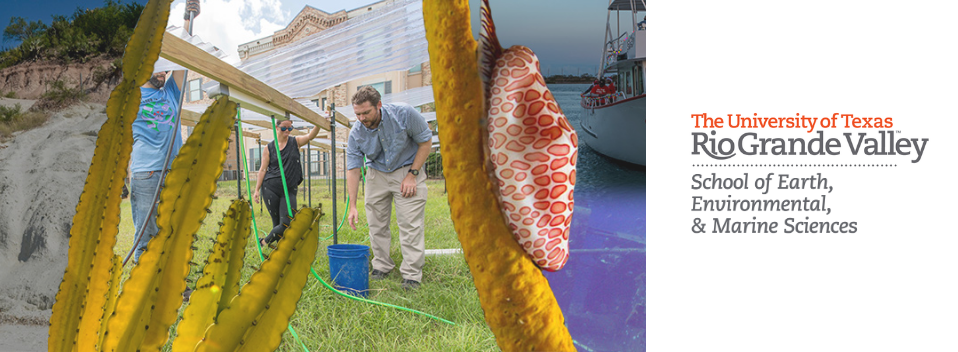
School of Earth, Environmental, & Marine Sciences Faculty Publications
Potential mechanisms of Na+/K+-ATPase attenuation by heat and pesticides co-exposure in goldfish: role of cellular apoptosis, oxidative/nitrative stress, and antioxidants in gills
Document Type
Article
Publication Date
3-29-2022
Abstract
In this study, we examined the dose-dependent effects of an environmentally relevant pesticide cocktail (metalachlor, linuron, isoproturon, tebucanazole, aclonifen, atrazine, pendimethalin, and azinphos-methyl) and temperature change (22 vs. 32 °C for 4-week exposure) on Na+/K+-ATPase, 3-nitrotyrosine protein (NTP), dinitrophenyl protein (DNP), catalase (CAT), and superoxide dismutase (SOD) expressions in gills of goldfish (Carassius auratus). Histopathological analysis showed widespread damage to gill in elevated temperature (32 °C) and pesticide co-exposure groups, including fusion of secondary lamellae, club-shaped primary lamellae, rupture of epithelial layer, loss of normal architecture, and hemorrhaging. Immunohistochemical and qRT-PCR analyses showed significant decreases in Na+/K+-ATPase protein and mRNA expressions in gills exposed to higher temperature and pesticides; however, combined exposure to heat and pesticides significantly increases NTP, DNP, CAT, and SOD expressions. In situ TUNEL assay revealed elevated levels of apoptotic cells in response to combined exposure. Collectively, our results suggest the combined effects of heat and pesticide stress cause cellular damage, upregulate oxidative/nitrative stress biomarkers, and increase apoptotic cells, downregulate Na+/K+-ATPase expression in gills. This provides new evidence for oxidant/antioxidant-dependent mechanisms for downregulation of Na+/K+-ATPase expression in gills during combined exposure.
Recommended Citation
Lacy, B., Rahman, M.S. & Rahman, M.S. Potential mechanisms of Na+/K+-ATPase attenuation by heat and pesticides co-exposure in goldfish: role of cellular apoptosis, oxidative/nitrative stress, and antioxidants in gills. Environ Sci Pollut Res 29, 57376–57394 (2022). https://doi.org/10.1007/s11356-022-19779-7
Publication Title
Environmental Science and Pollution Research
DOI
10.1007/s11356-022-19779-7


Comments
Reprints and permissions
https://rdcu.be/cLh44